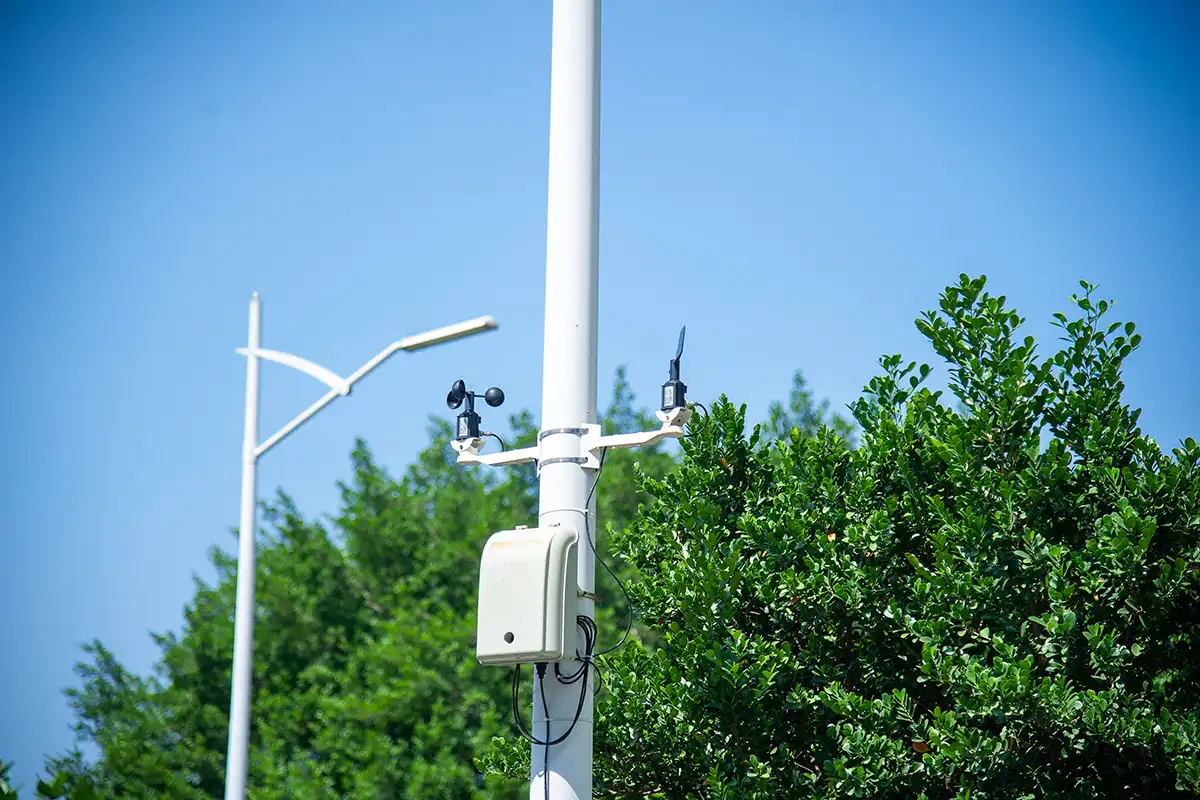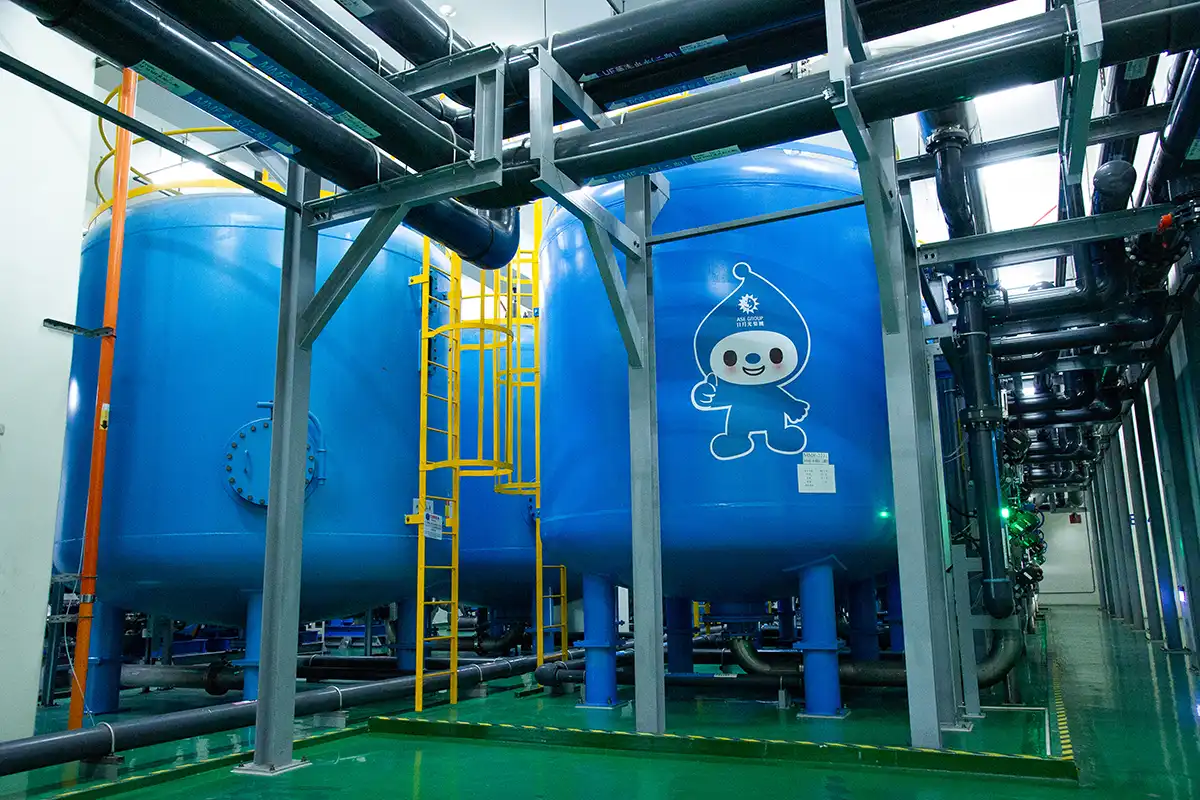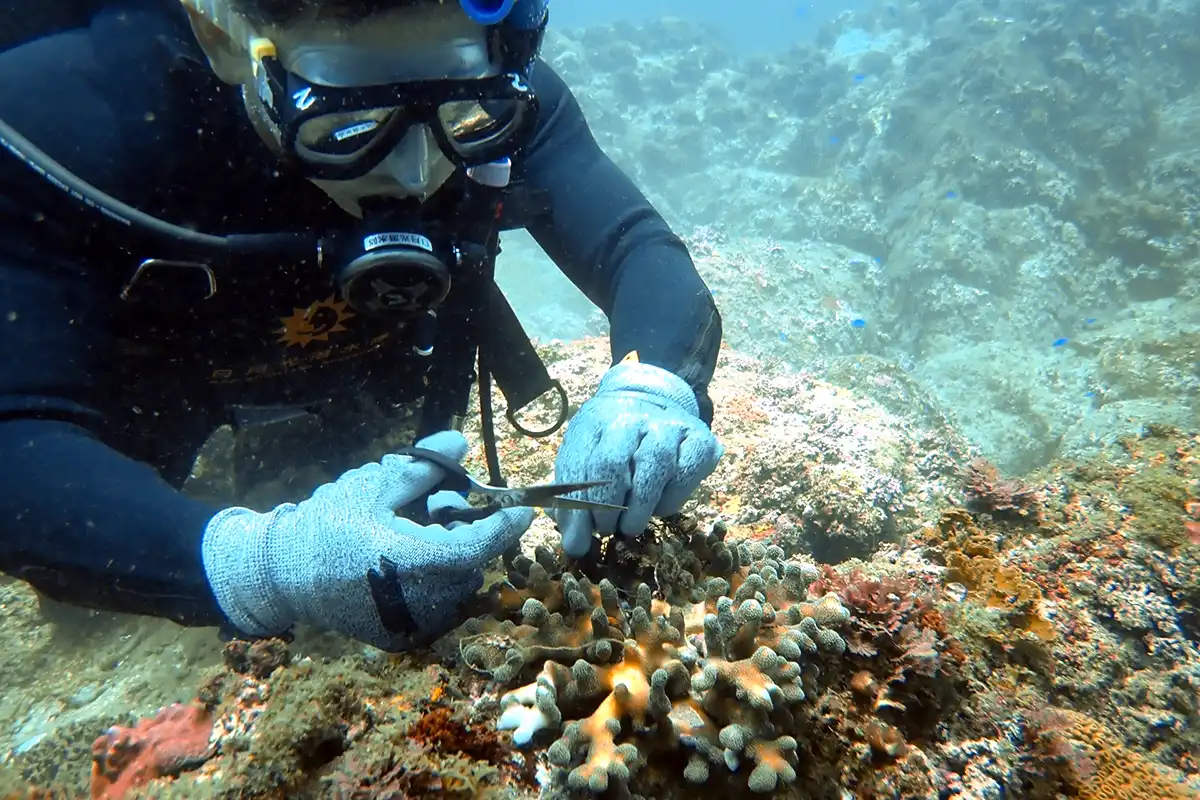- Certification Overview
- Environmental Policy
Towards a Greener and Better Future
ASEH is committed to improving our eco-efficiency and protecting the environment by continuously enhancing resources recycling, and reducing GHG emissions, waste generation, wastewater effluent, and chemical usage.
ASEH strives to develop and promote a green concept in all facets of its enterprise. We are committed to ensuring the protection of the earth through our efforts to reduce greenhouse gas emissions, waste and effluent. In addition, from the initial product design stage, we conscientiously incorporate environmental considerations into continuous process improvement as well as in new product development to provide green manufacturing services with minimum pollution and waste output.
On the CDP Climate Change Leadership List for 9 consecutive years
On the CDP Supplier Engagement Rating leader board for 6 consecutive years
Awarded CDP Water Security A List for 5 consecutive years
100% identification and assessment of climate & natural risks
100% implemention of carbon pricing
19% of total electricity consumption achieved through renewable energy or REC
28 green factory certifications
Identification of climate and natural risks affecting more than 90% of Tier 1 suppliers
Net-Zero emissions target by 2050
Investing in carbon sink methodology development and carbon rights application
On the CDP Climate Change Leadership List for 9 consecutive years
On the CDP Supplier Engagement Rating leader board for 6 consecutive years
Awarded CDP Water Security A List for 5 consecutive years
100% identification and assessment of climate & natural risks
100% implemention of carbon pricing
19% of total electricity consumption achieved through renewable energy or REC
28 green factory certifications
Identification of climate and natural risks affecting more than 90% of Tier 1 suppliers
Net-Zero emissions target by 2050
Investing in carbon sink methodology development and carbon rights application

Water Resource Management
2024 Performance
Water withdrawal intensity (water withdrawn/revenue)
43% reduction compared to 2015
Days of production shutdown caused by phase 3 water rationing in Taiwan(water supply reduced by 30%)
0 days

Energy Management
2024 Performance
Energy saving rate achieved through energy saving and carbon reduction projects
Equivalent to 5% of the electricity demand in 2024
Renewable energy ratio
Renewable energy consumption accounting for 19% of total electricity consumption

Waste and Recycling
2024 Performance
Noh-hazardous Waste Recycling Rate
97%
Hazardous-Waste intensity (hazardous waste out/ revenue)
53% reduction compared to 2015

Climate Change
2024 Performance
GHG Intensity (Scope 1+2 emission/ revenue)
40% reduction compared to 2015
Absolute GHGs reduction (Scope 3)
8% reduction compared to 2020

Environmental-friendly manufacturing service
The policy regulates ASEH's management of environmental aspects with business partners and stakeholders, including suppliers, contractors, customers, joint venture partners, and the community. It is also used as a guideline for due diligence in merger and acquisition transactions.

Transitioning towards Low-Carbon Resilience
Managing water resources is a top priority at ASEH. We strive to improve and optimize water usage efficiently. With ISO 46001 Water Efficiency Management Systems, we identify risks, opportunities, and develop water-saving measures.

Water Risk Assessment
At ASEH, we prioritize managing our water resources. We aim to improve and optimize water usage by adopting ISO 46001 Water Efficiency Management Systems. This helps us identify risks, opportunities, and develop water-saving measures, risk mitigation strategies, and action plans.

Waste Generation and Recycling
ASEH implements source reduction measures, uses eco-friendly materials, and promotes ISO14001 certification and environmental data collection. Facilities failing to meet targets must propose improvement plans.

Low Carbon Buildings and Green Factories
Reducing carbon emissions from buildings is vital for addressing climate change. We have constructed facilities and offices that meet global low carbon building standards and have integrated sustainability into our campus by considering the complete lifecycle of building emissions.

Promote the well-being of human and safeguarding our planet
ASEH promotes biodiversity and responsible environmental activities. We are committed to meeting NNL and achieving NPI on biodiversity. We collaborate across our value chain to achieve the UN Convention on Biological Diversity’s vision of a harmonious world with nature.


Transitioning towards Low-Carbon Resilience
ASEH has completed the validation of its 2030 near-term reduction targets with the Science Based Targets initiative (SBTi).
Learn More

Water Risk Assessment
At ASEH, we prioritize managing our water resources. We aim to improve and optimize water usage by adopting ISO 46001 Water Efficiency Management Systems. This helps us identify risks, opportunities, and develop water-saving measures, risk mitigation strategies, and action plans.
Learn More

Waste Generation and Recycling
ASEH implements source reduction measures, uses eco-friendly materials, and promotes ISO14001 certification and environmental data collection. Facilities failing to meet targets must propose improvement plans.
Learn More

Realizing the determination of green transition
Reducing carbon emissions from buildings is vital for addressing climate change. We have constructed facilities and offices that meet global low carbon building standards and have integrated sustainability into our campus by considering the complete lifecycle of building emissions.
Learn More

Promote the well-being of human and safeguarding our planet
ASEH promotes biodiversity and responsible environmental activities. We are committed to meeting NNL and achieving NPI on biodiversity. We collaborate across our value chain to achieve the UN Convention on Biological Diversity’s vision of a harmonious world with nature.
Learn More
ESG report 2024
If you are seeking information on our transparency initiatives and value creation efforts, or would like to access past Corporate Responsibility Reports, please visit our document library.
Go to downloads
This website uses Cookies to optimize your experience. By choosing to continue, you agree to the use of Cookies and our Cookie Terms. To know more about Cookies and how to enable and disable cookies,
Cookie Terms




